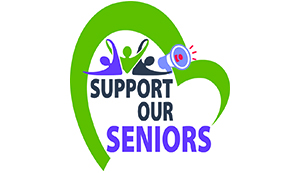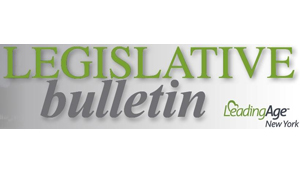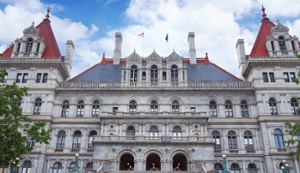-

-
Oppose New Unfunded Mandates on Nursing Homes
2026 Advocacy Day Registration is open for LeadingAge NY's 2026 Advocacy Day. Please register to join us on Feb. 3, 2026 – we need your voice in Albany!
- 28 days ago
-
Oppose New Unfunded Mandates on Nursing Homes
Public Affairs Council View resources and updates from LeadingAge New York's new Public Affairs Council here.
- 3 years ago
-

-
Oppose New Unfunded Mandates on Nursing Homes
Legislative Action Center View LeadingAge New York's advocacy materials and connect with your lawmakers.
-
Oppose New Unfunded Mandates on Nursing Homes
2025-26 State Budget Materials View the 2025-26 State Budget materials here.
- 11 months ago
-

-
Oppose New Unfunded Mandates on Nursing Homes
Legislative Bulletin Did you miss an issue of the Legislative Bulletin? Current and past issues are posted here.
-

-
Oppose New Unfunded Mandates on Nursing Homes
Advocacy and Public Policy News Keep up to date on the latest budgetary, legislative, and political developments in New York State.
